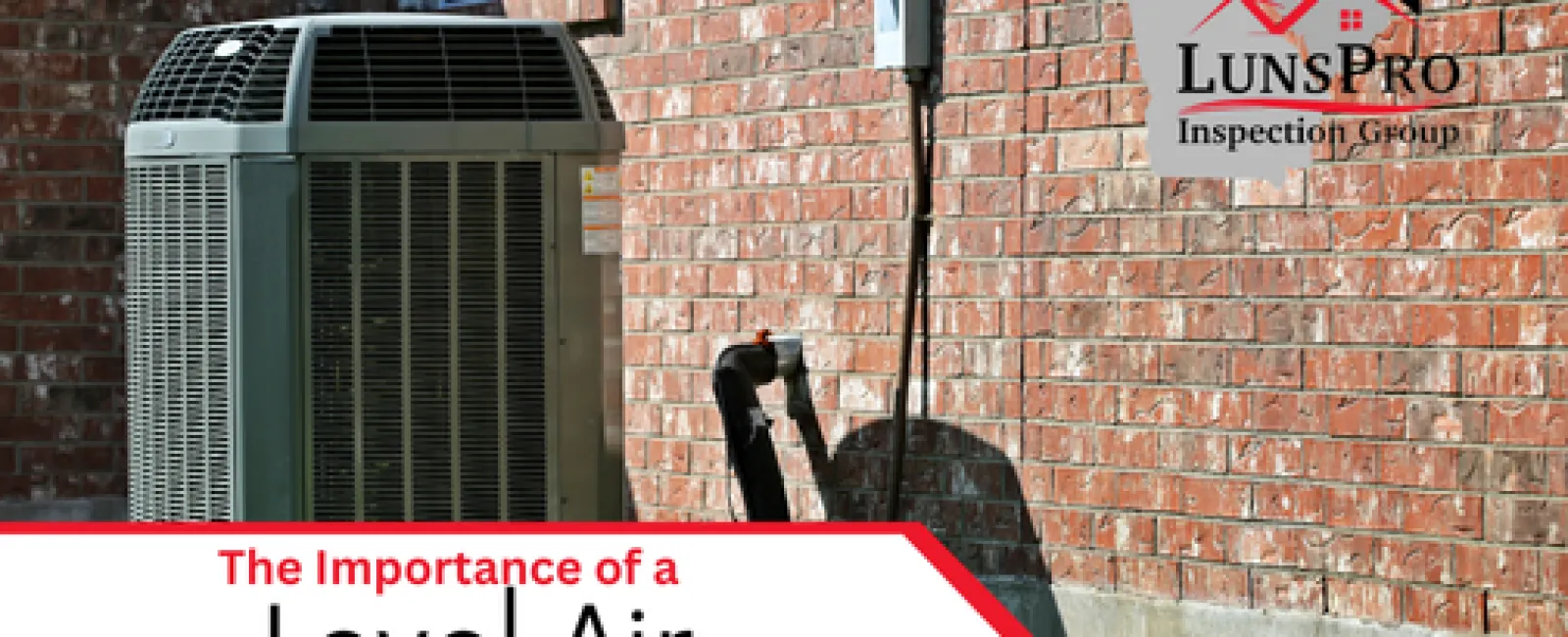Why a Level AC Unit Matters
Air conditioning units are designed to operate on a flat, stable surface for several reasons:
System Performance:
- A tilted unit can cause uneven distribution of refrigerant, which may impact cooling efficiency.
- Components like the compressor rely on being level for proper function. An imbalance can lead to internal wear and reduced lifespan.
Lubrication Issues:
- Many AC units use oil for lubrication, and a tilt can prevent this oil from circulating properly. This can result in friction, overheating, and eventual component failure.
Structural Support:
- The concrete or plastic pad beneath the AC is designed to keep the unit stable and level. If the pad shifts or sinks, the AC unit may experience unnecessary vibrations or stress, which can damage internal parts.
Consequences of an Unlevel AC Unit
When an AC unit is not properly leveled, homeowners may encounter issues such as:
- Reduced Efficiency: Increased energy usage due to system strain.
- Higher Repair Costs: Damage caused by improper operation can require costly repairs.
- Shortened Lifespan: Continuous operation under uneven conditions can reduce the unit's overall longevity.
Preventing and Correcting an Unlevel AC Unit
To ensure the optimal performance of your AC system:
- Inspect the Pad: Regularly check the pad beneath the unit to ensure it hasn't shifted or sunk over time.
- Re-level the Unit: If the unit is tilted, a qualified technician can adjust or replace the pad to restore balance.
- Schedule Routine Maintenance: Annual inspections can catch issues like an unlevel unit before they lead to significant problems.
The positioning of an AC unit may seem like a minor detail, but it plays a vital role in the system's efficiency and longevity. Regular inspections can identify issues like an unlevel AC pad early, helping homeowners save on energy costs and avoid expensive repairs.
For professional home inspections that cover HVAC systems and more, trust LunsPro Inspection Group to ensure your home remains in excellent condition.

